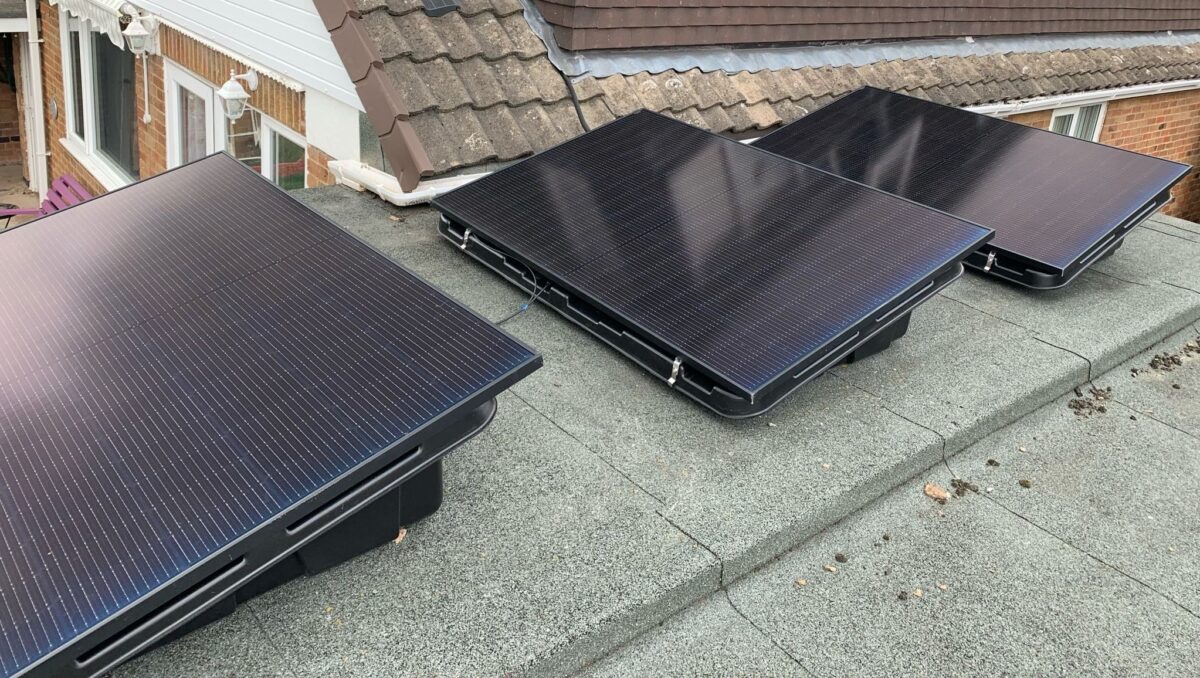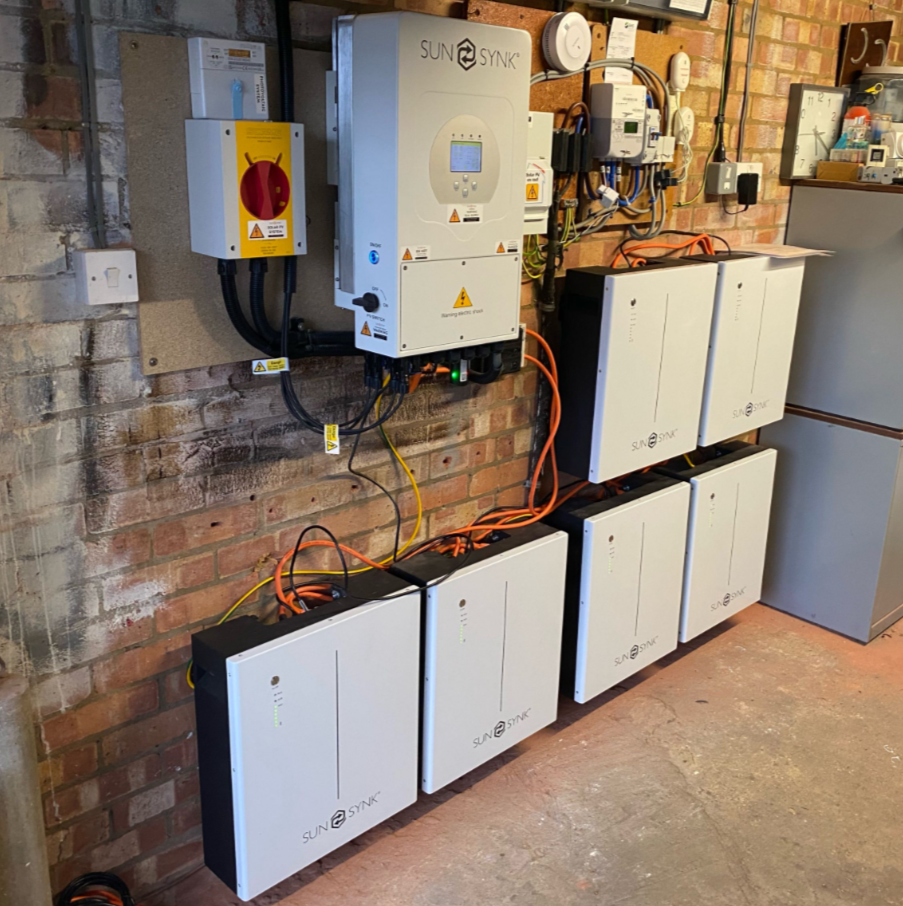The construction of a solar panel is a very complex structure, using a formulated compound over a large surface area to create an intricate pattern of cells. Traditionally there are two types of solar panels – a monocrystalline panel (black) and a polycrystalline panel (blue). For more information about these two types of panels, read our blog about the differences between these solar panels. However, for this blog, we’ve found something that could change the way solar panels are manufactured.
A university at Stanford has found that a new crystalline compound consisting of perovskites could revolutionise the solar industry. A spokesman for the university said “We’ve been looking for ways to make solar panels that are more efficient and are cheaper to manufacture. Right now, silicon solar cells dominate the world market, but the power conversion efficiency of silicon photovoltaics has been stuck at 25% for 15 years.”
According to the results of the research the perovskite cells allow for double the amount of absorption thus increasing the output and the overall efficiency. The downside to perovskite cells is that they don’t stand up to excessive temperature and unfortunately melt in water. It is, therefore, highly unlikely that we won’t be seeing the perovskite cells being used in the UK for the foreseeable future.
The university spokesman for the project said, “Silicon is a rock. You can heat it to about 600 degrees Fahrenheit shine light on it for 25 years and nothing will happen. But if you expose perovskite to water or light it will likely degrade. We have a long way to go to show that perovskite solar panels are stable enough to last 25 years. My vision is that someday we’ll be able to get low-cost tandem cells that are 25% efficient.”
So, whilst research continues it would seem that a new type of panel is on the horizon but isn’t quite ready for the marketplace.















